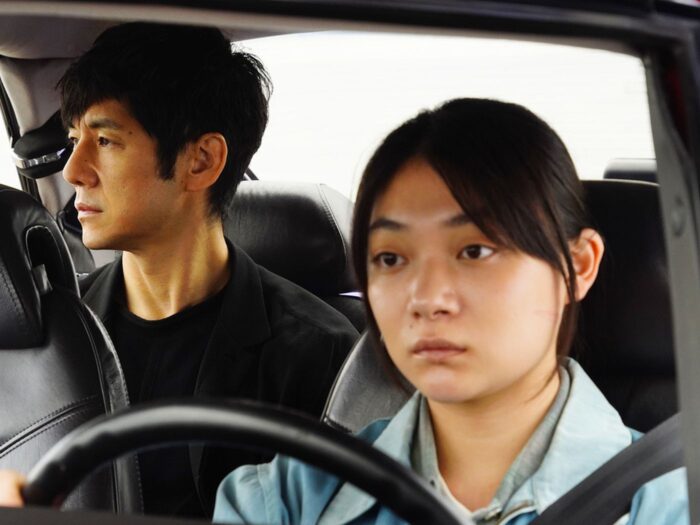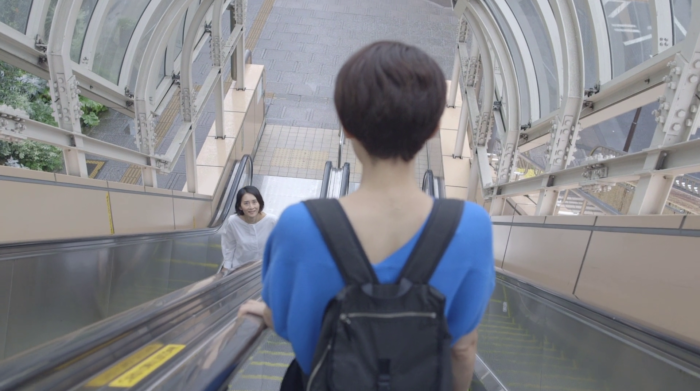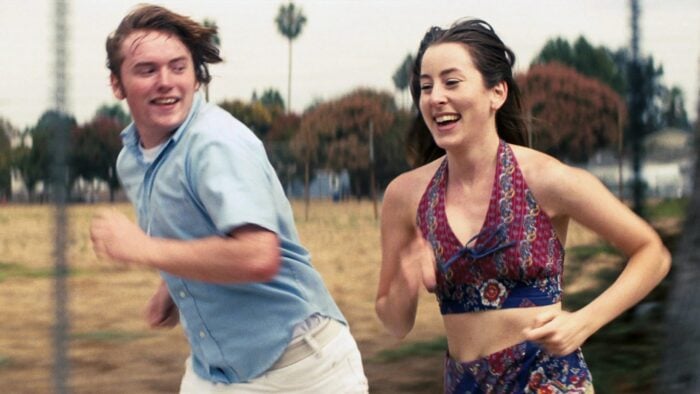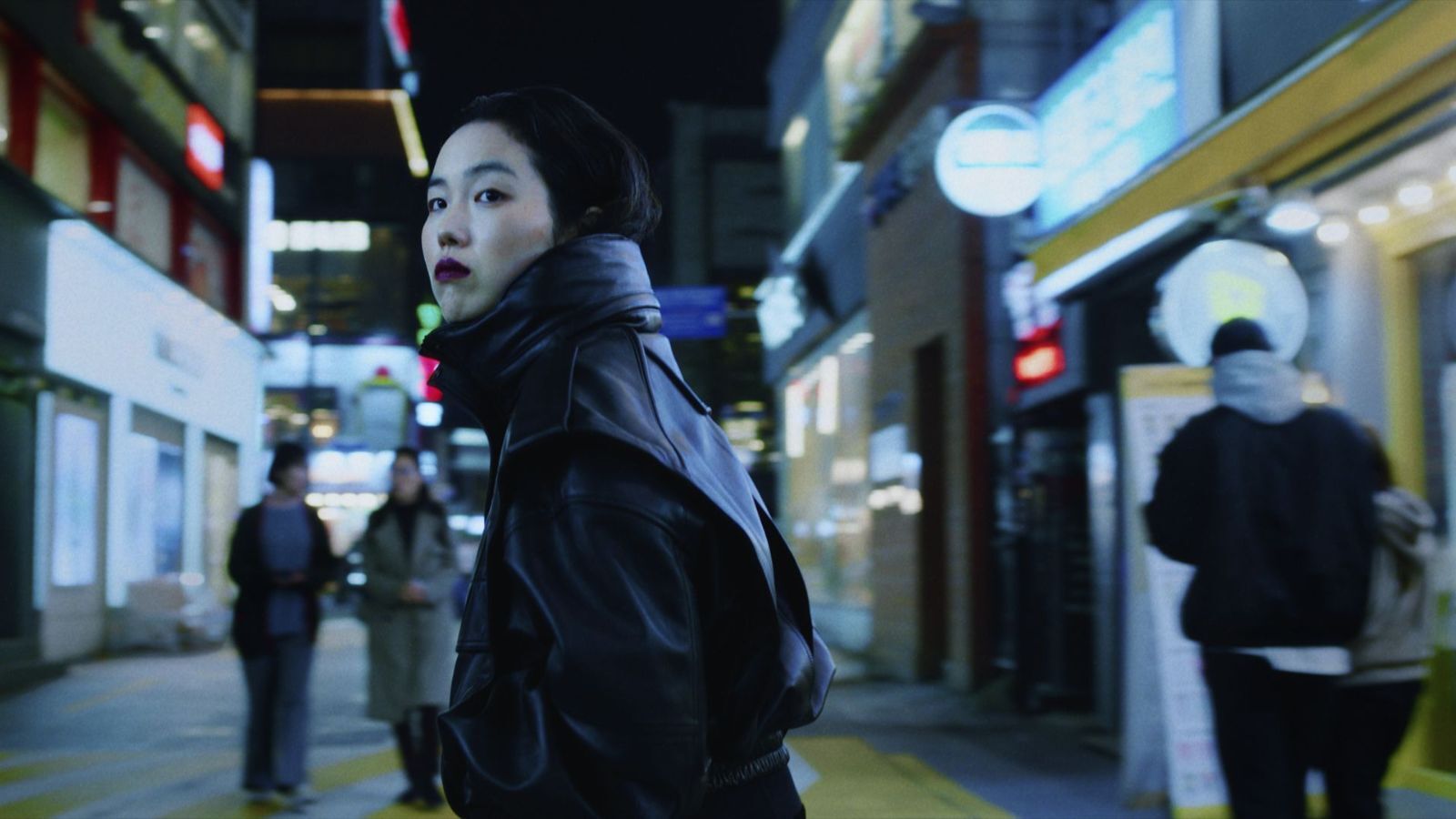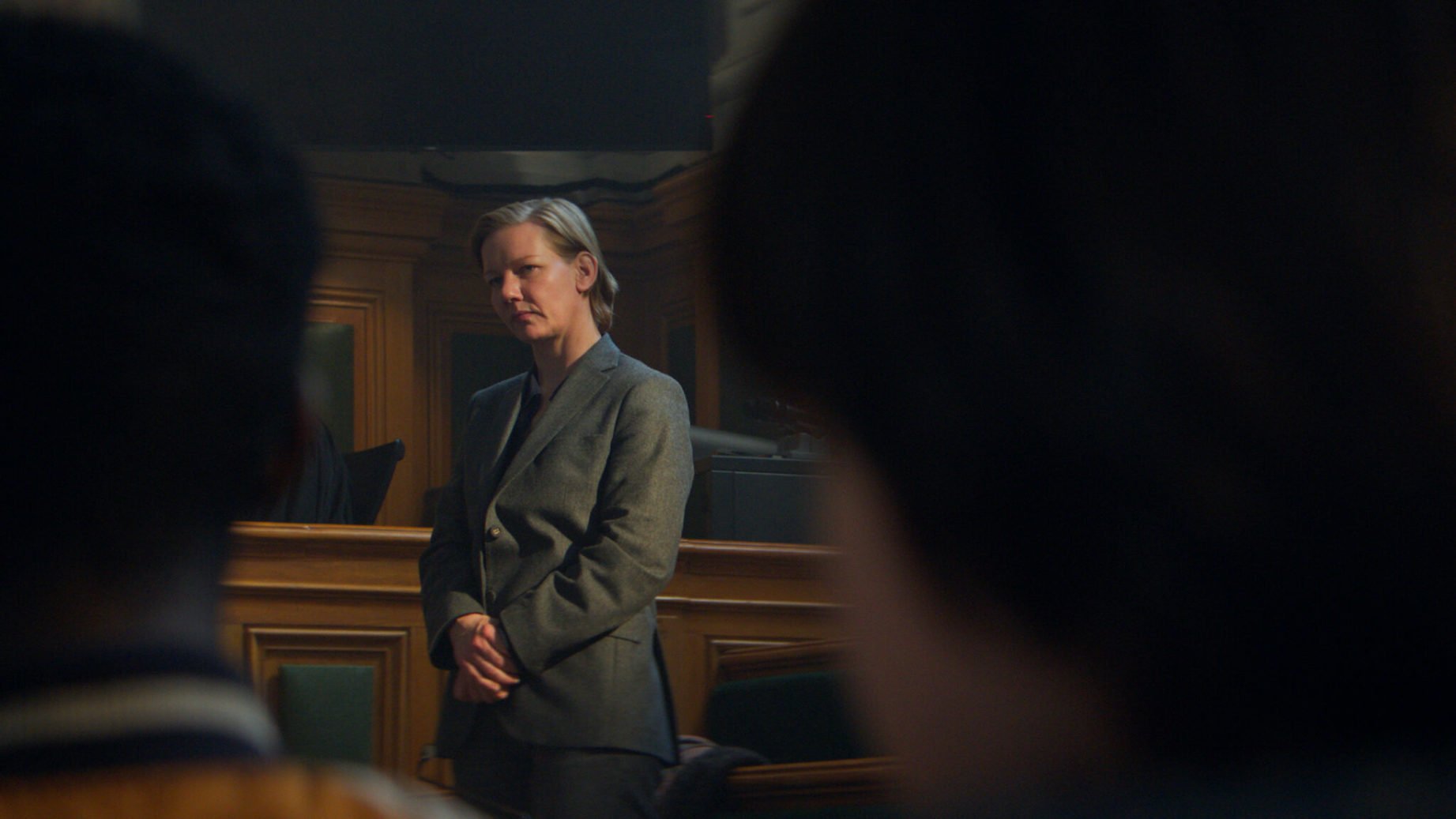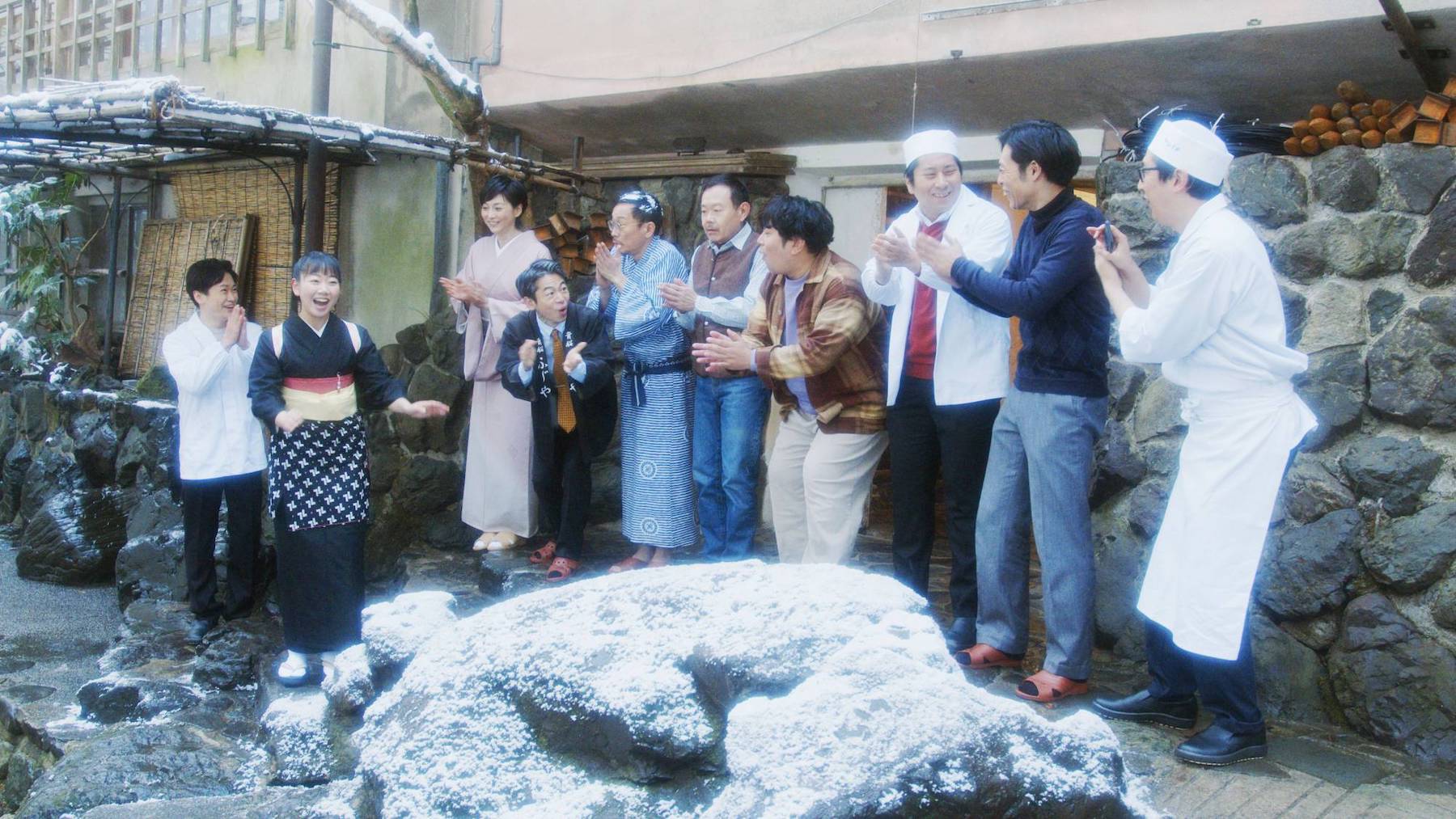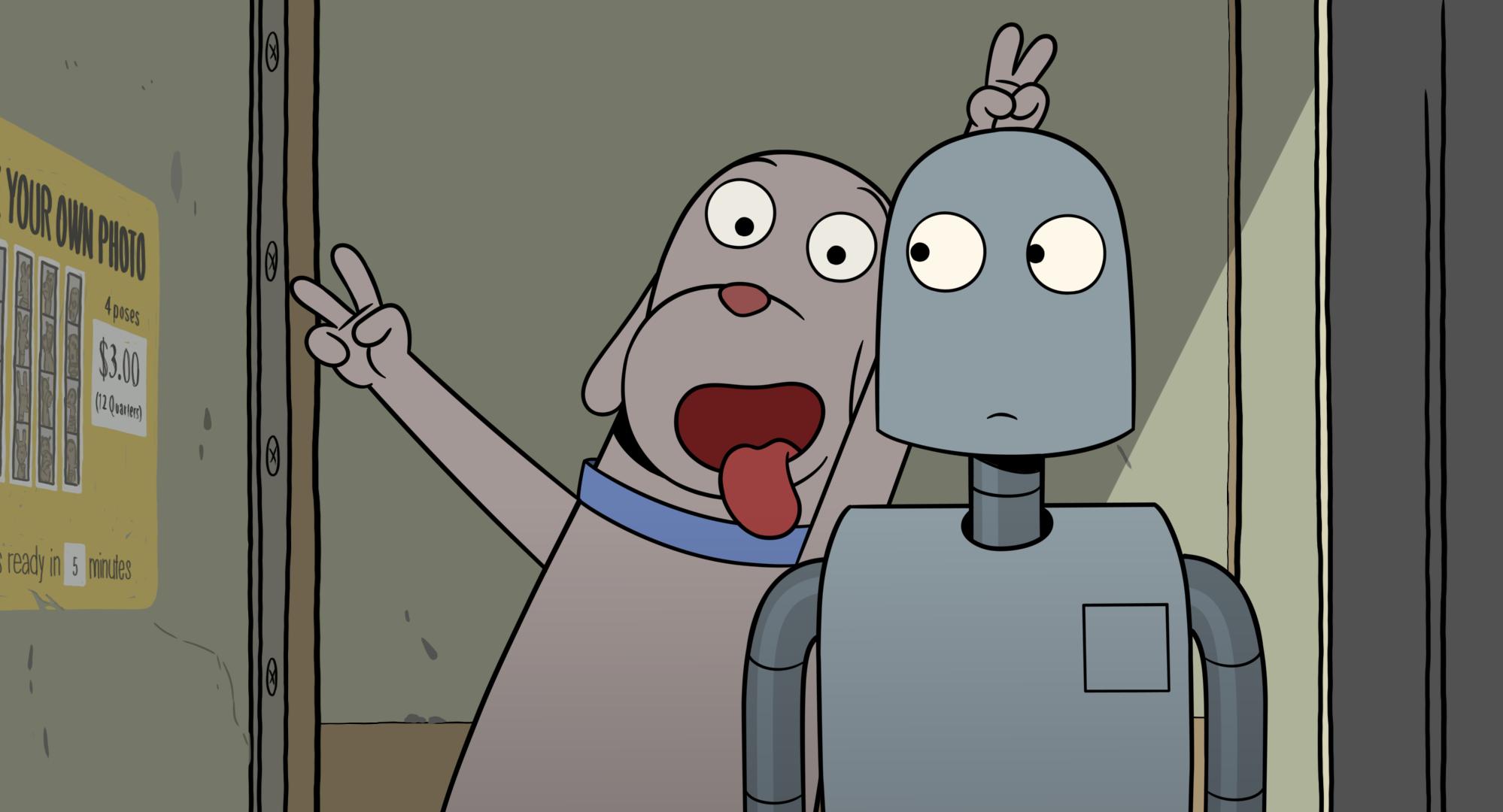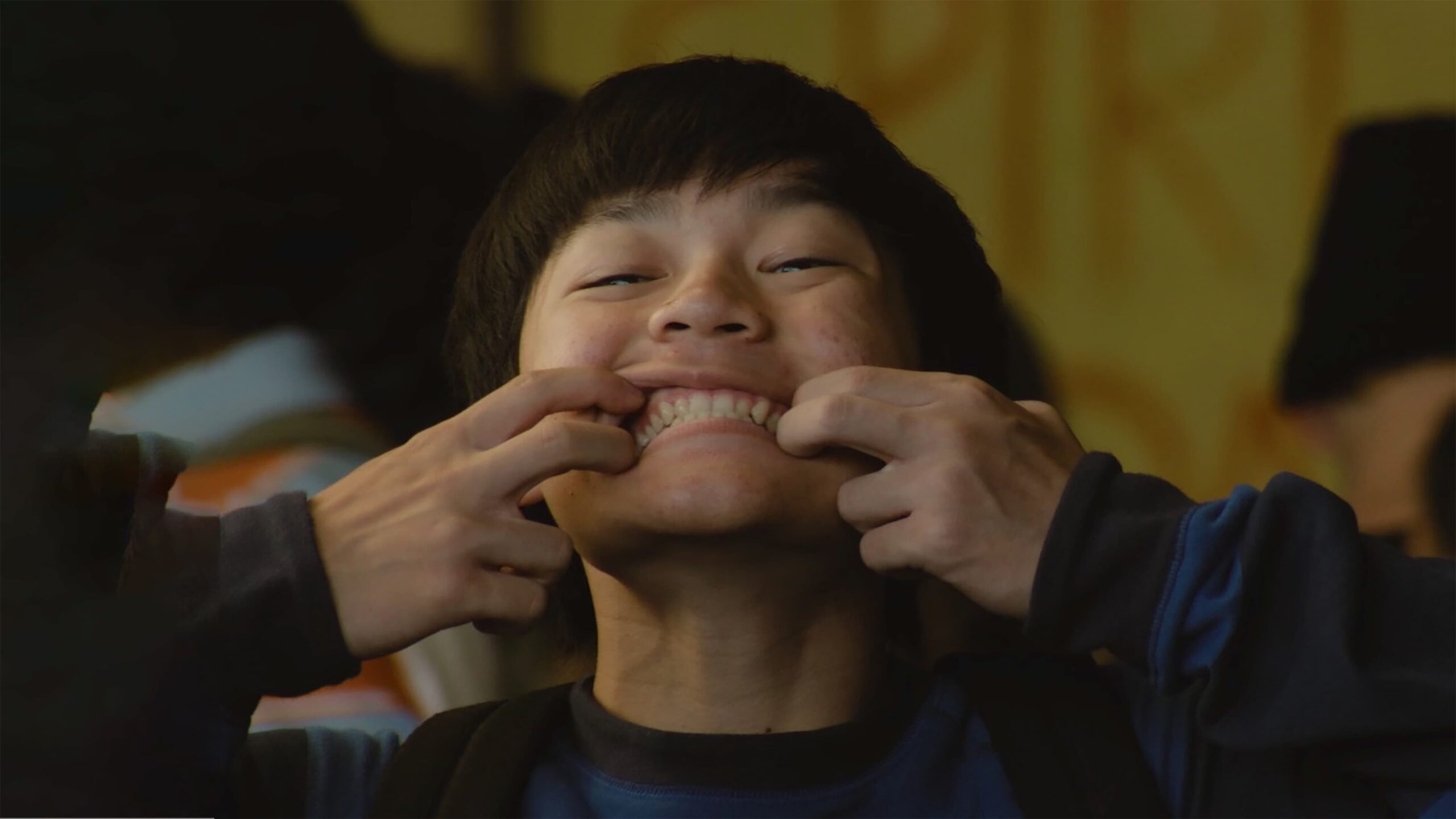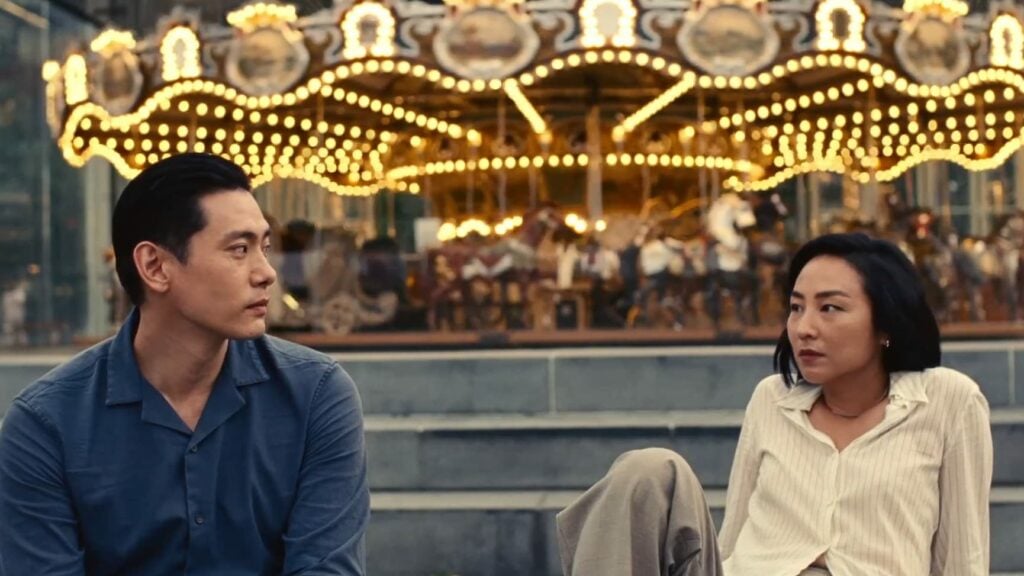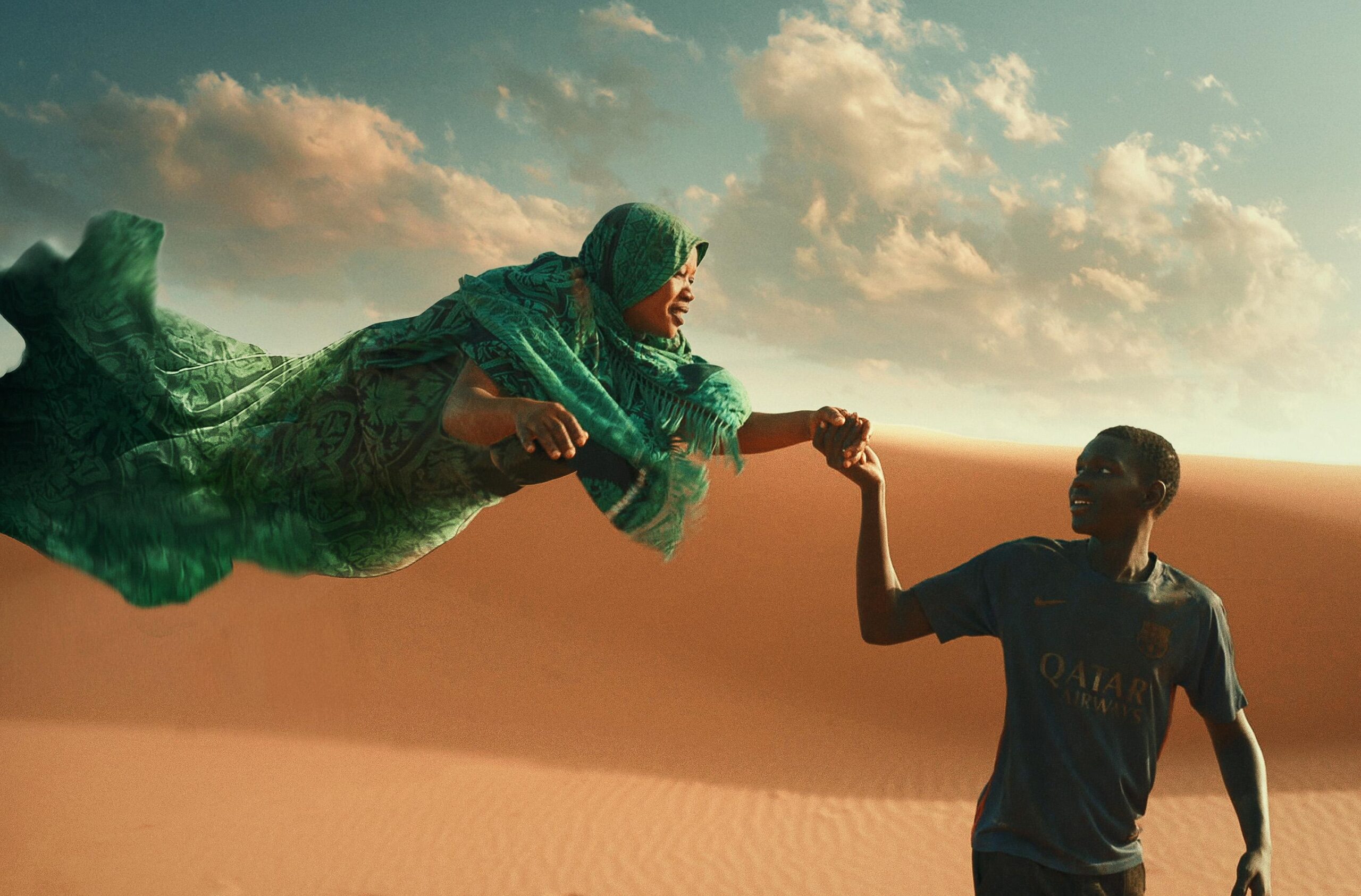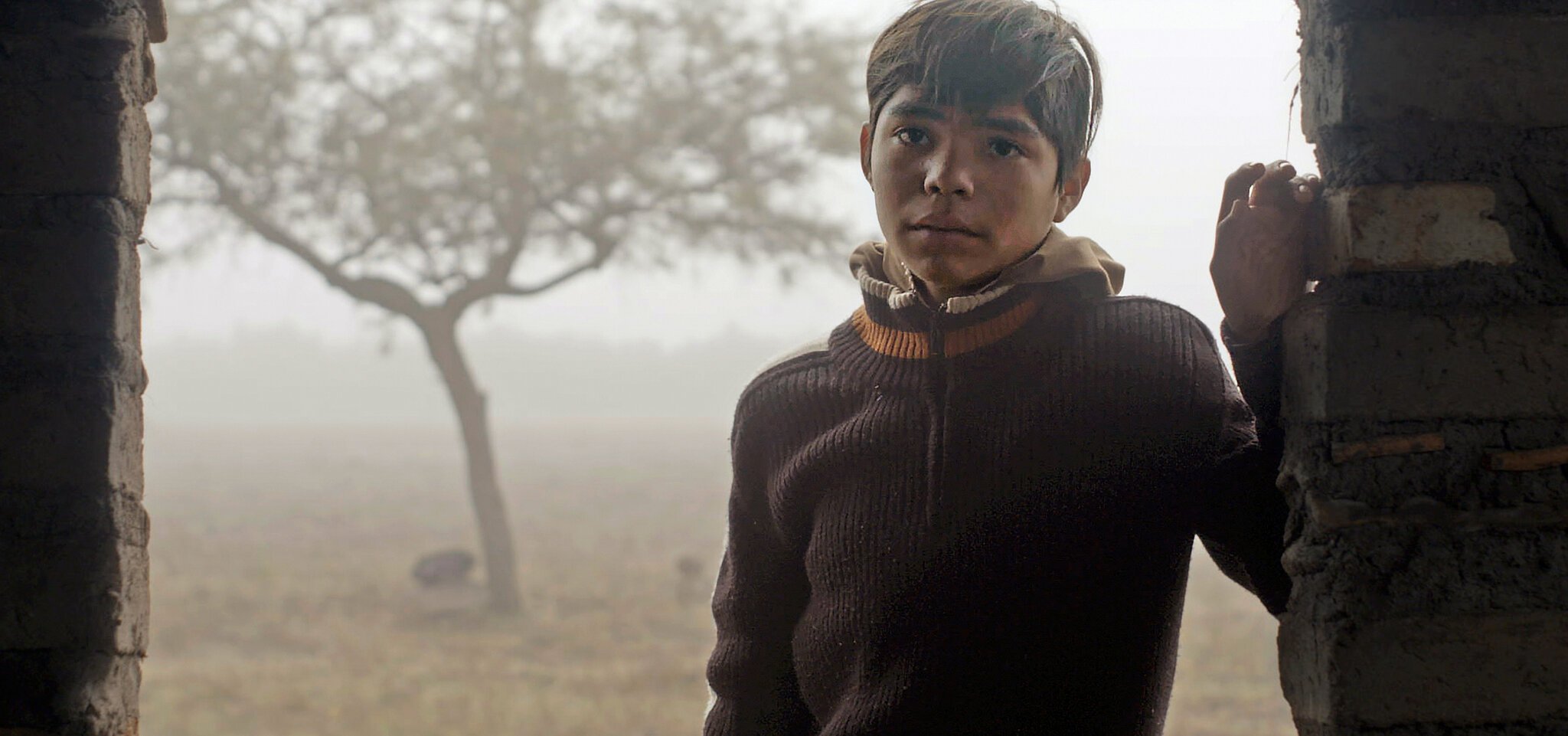
100 Best New Movies to Rent
March 31, 2025
Share:
Gone are the days of browsing VHS copies on your nearest Blockbuster. Today, if you want a good watch, your best bet is to subscribe to a streaming platform or rent a movie online. The former is the more common option (and if you’re still on the lookout for the best service, we got you covered here), but the latter is preferable if your goal is to stay on top of the latest releases. Whether that’s a Hollywood hit, a festival front-runner, or the latest indie darling, you’ll likely find what you’re looking for on VOD rental platforms like Amazon, iTunes, and Vudu. There are many to choose from, but below, we list the very best new movies to rent and enjoy in the comfort of your own home.
Read also:
11. Drive My Car (2021)
Genres
Director
Actors
Moods
In Drive My Car, a widowed artist travels to Hiroshima for his latest production. There he meets a young woman enlisted to drive him around the area. They forge an unexpected bond and soon share pithy observations and long-buried secrets, which culminate in a touching scene of catharsis and forgiveness.
Not a lot is said in this three-hour film, but when words (and signals) are shared, they are always underlaid with simple but transcendent truths. Drive My Car is a gripping film that explores love and loss in its own quiet way, at once intense and intimate.
12. Wheel of Fortune and Fantasy (2021)
Genres
Director
Actors
Moods
From Drive My Car director Ryusuke Hamaguchi comes another film featuring long drives, thoughtful talks, and unexpected twists. An anthology of three short stories, Wheel of Fortune and Fantasy ponders over ideas of love, fate, and the all-too-vexing question, “what if?”
What if you didn’t run away from the one you love? What if you didn’t give in to lust that fateful day? What if, right then and there, you decide to finally forgive?
Big questions, but without sacrificing depth, Hamaguchi does the incredible task of making every single second feel light and meaningful. Wheel of Fortune and Fantasy will leave you with mixed emotions: excited, startled, dejected, hopeful. But one thing you won’t feel is regret over watching this instant classic of a film.
13. Licorice Pizza (2021)
Genres
Director
Actors
Moods
Poignant, delightful, and simply gorgeous, Licorice Pizza just might be Paul Thomas Anderson’s best work to date. The period dramedy follows two young people, one in her 20s and one in his teens, as they strike an unlikely but lovely friendship and try to find their place in the world. They may be 10 years apart, but they’re stuck in the same swirl of rejection and confusion that trap a lot of ambitious people like them. The premise is far from original, but Alana Haim and Cooper Hoffman turn in captivating performances (made even more impressive by the fact that this is both their film debut). There is an ease and naturalism to both their chemistry and onscreen performances that’s hard not to love.
The thick and wistful patina of the ‘70s, the comedic asides, and the colorful supporting cast all also help paint an overall charming picture that shouldn’t be missed.
14. Return to Seoul (2022)
Genres
Director
Actors
Moods
In both documentaries and films, adoptees meeting their biological parents for the first time is an event often painted in a sweet light. Never mind the child’s mixed feelings about it or the tragic reality that caused the split in the first place—it’s a reunion between family members, so it must be unequivocally special. In Return to Seoul, director Davy Chou doesn’t just debunk that myth, he subverts it by making the adoptee, Freddie, as unapologetically complex and emotionally enigmatic as possible. She resists affection but wallows in loneliness. She craves reinvention but stays in the same place for years. She’s in constant motion while being absolutely stuck in life. In other words, she’s a realistic embodiment of a person struggling to find some semblance of home. Chou displays an intimate understanding of the foreign experience, and he couples it with captivating cinematography, a rousing soundtrack, and fantastic performances across the board to make a daring, inventive, and thoroughly exciting film.
15. Anatomy of a Fall (2023)
Genres
Director
Actors
Moods
You would expect a courtroom drama to be built around damning pieces of evidence, passionate speeches, or certain social issues lending weight to the investigation. But what makes Justine Triet’s Palme d’Or-winning Anatomy of a Fall so remarkable is how direct it is. Triet doesn’t treat this case like a puzzle for the audience to participate in solving; instead she fashions this trial into a portrait of a family being eroded by even just the suggestion of distrust. It ultimately has far less to do with who’s responsible for the death of a man, and more to do with the challenge of facing the reality that the people we love are capable of being cruel and callous to others.
Which isn’t to say that Anatomy of a Fall doesn’t still possess qualities that make it a great courtroom drama—doubt only continues to pile up with every new piece of information that’s revealed to the audience, until we begin to interpret characters’ expressions and actions in a contradictory ways. But the way Triet executes these reveals is just so skillful, choosing precisely how to let details slip and obscuring everything behind faulty memory, intentional dishonesty, or any other obstacles that usually come up during an investigation.
16. River (2023)
Genres
Director
Actors
Moods
Made on a clearly lower budget but with enthusiasm and love for the craft overflowing from every frame, Junta Yamaguchi’s River gets clean and wholesome comedy—that’s still plenty memorable—out of a terrific ensemble of actors, all of whom get to display a full range of expression for their increasingly exasperated characters. It’s smart, economical filmmaking that’s still dazzlingly put together, as each two-minute loop is done in a single unbroken shot that feels different with every reset. Yamaguchi is highly aware of how quickly this gimmick might overstay its welcome, so he allows the film’s emotional landscape to open up considerably with every cycle. As the hell of this situation starts to chip away at the characters, the film also becomes more urgent and more soulful, leading the story down unexpected paths and inviting us to think beyond the pattern it sets up for itself.
17. Robot Dreams (2023)
Genres
Director
Actors
Moods
The first few minutes of Robot Dreams are so deceptively simple and pleasant that it’s hard to think of a conflict that could keep the film moving. But something does happen—life happens, which sounds annoyingly vague, but it’s true. Life happens, and the rest of the film is about how Dog and Robot survive the specific pain of living. It’s at once poignant and delightful, filled with surprising moments that shouldn’t work, but do. It feels incredibly human even though there are no people in sight. It says a lot about the crisis of loneliness and the importance of moving on even though it’s a silent movie. And then there’s that one scene that breaks the fourth wall most adorably, proving that Robot Dreams is anything but the straightforward film it seemed to be in the beginning. Consistently, however, it is a touching movie. Whether it ends up breaking or warming your heart is just something you have to look out for.
18. Dìdi (弟弟) (2024)
Genres
Director
Actors
Moods
Coming of age films are a staple in cinema, but rare is a great depiction of growing up on the internet, chatting with friends, and learning about the world through just a small screen. Dìdi is one of those rare films that remembers that pivotal era, which is why it’s often likened to Bo Burnham’s Eighth Grade, but Sean Wang depicts a more angsty than anxious Asian American kid with a mother and a grandmother less able to relate to the wider Western town they live in, and with nothing he wants to do but to skate, shoot skating, and try to fit in with people he thinks are cool. It’s both funny and self-critical, as if Wang was looking back to remember the times he screwed up, but it’s also just comforting to watch him own up to who he really is, even if it doesn’t garner the exact response he’s been hoping for. It’s also precisely why Dìdi found its audience.
19. Past Lives (2023)
Genres
Director
Actors
Moods
The concepts of roads not taken and domino effects have received plenty of cinematic attention in their showier forms by way of multiverse comic book movies and dimension-hopping films like Everything Everywhere All At Once. But, though there’s no hint of sci-fi in Past Lives, Celine Song’s gentle film can count itself as one of the best treatments of that universe-spawning question: “what if?”
When her family moves from Seoul to Canada, teenage Na Young bids a loaded farewell to classmate Hae Sung and changes her name to Nora. Years later, they reconnect online and discover the spark still burns between them. This is no idealistic romance, though: Past Lives is told with sober candor. Song acknowledges real obstacles standing in the way of a relationship between the two — those pragmatic (distance) and, more painfully, personal (evolving personalities, American husbands).
Those two threads — unrealized romance and the transmutation of identity that so often takes place after migrating — are expertly entwined in Past Lives to produce a sublime, aching meditation on memory and time, practical love and idealistic romance, and all the complex contradictions that exist in between. That Song communicates so much and so delicately in only her first film makes Past Lives all the more stunning.
20. Io Capitano (2023)
Genres
Director
Actors
Moods
Journeying from Africa to Europe without an official permit isn’t just risky, it’s dehumanizing, if not lethal. And though we’ve heard about the many unfortunate ways migrants have suffered, never has the crisis been as intimately and intensely portrayed as in Io Captain. Here, we get to see who Seydou and Moussa were before the voyage out of Senegal, before they were reduced to anonymous bodies bound to torture, slavery, and racism. Director Matteo Garrone takes care not to exploit their lives and instead highlights the joy and hope they left behind and continue to find in small but meaningful portions. Garrone achieves a delicate balance between stark, depressing reality and heartwarming hope, and it’s beautiful to watch. All this in addition to stunning cinematography and unbelievable performances by the two young leads makes Io Capitano easily one of the best films in recent years.
Read also:
Comments
Add a comment
Ready to cut the cord?
Here are the 12 cheapest Live TV streaming services for cord-cutting.
More lists
Lists on how to save money by cutting the cord.
Curated by humans, not algorithms.
© 2025 A Good Movie to Watch. Altona Studio, LLC, all rights reserved.
